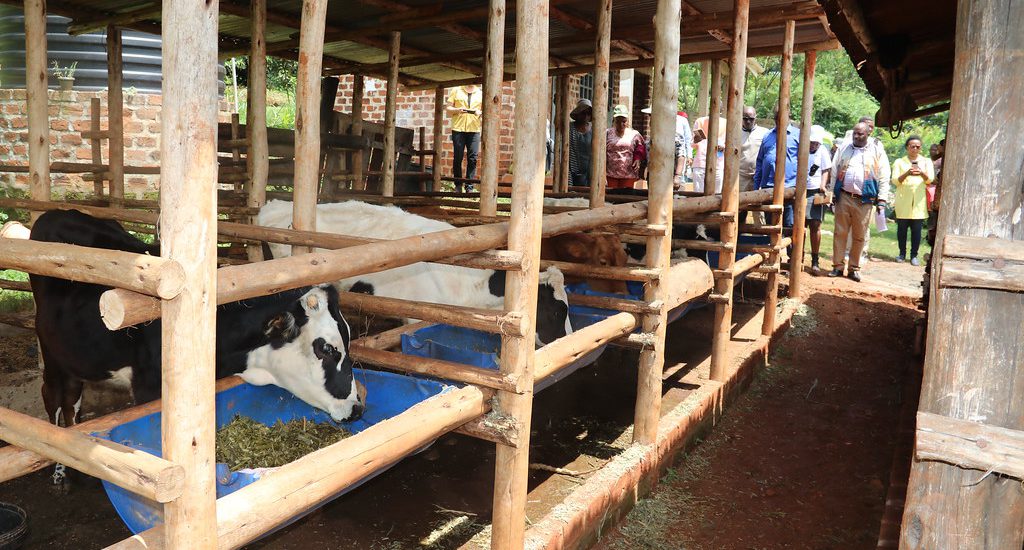Agroecology Key to Ensuring Food Security and Health Rights in Uganda, Experts Say
- March 31, 2025
- Posted by: CEFROHT Reporter
- Category: Agroecology

KAMPALA—Agroecology has emerged as a transformative solution to Uganda’s food security and public health challenges, aligning with constitutional mandates on the right to adequate food and a healthy environment, experts reveal.
Unsafe food, contaminated by pathogens and harmful chemicals, poses severe public health risks, contributing to malnutrition and diet-related diseases. Food insecurity further undermines the right to adequate food—a fundamental human right recognized globally.
The United Nations highlights agroecology as a sustainable approach to building resilient food systems, ensuring equitable access to safe and nutritious food while advancing public health. Strengthening regulatory frameworks and promoting agroecological practices can enhance food safety, accessibility, and nutrition for all.
Uganda’s Constitutional Mandate and Agroecology
Agriculture drives Uganda’s economy, contributing nearly 24% of GDP. However, malnutrition, food contamination, and environmental degradation persist, violating constitutional rights to food and health (Article 39, Objectives XIV and XXII).
Agroecology offers a sustainable alternative by reducing reliance on harmful agrochemicals, preserving biodiversity, and improving soil health. This approach ensures long-term food security while safeguarding natural resources for future generations.
Policy Progress and Implementation
Uganda has taken steps toward sustainable agriculture through the National Agroecology Strategy and the National Organic Agriculture Policy. These frameworks promote crop diversification, soil conservation, and climate resilience while empowering smallholder farmers.
Despite progress, challenges remain, including weak enforcement of organic farming regulations and gaps in agroecology-specific policies. Experts urge stronger legal frameworks and increased investment to scale up agroecological practices.
Barriers to Adoption
Limited access to land, seeds, and financing hinders smallholder farmers from adopting agroecology. Knowledge gaps and market constraints further impede progress, leaving many farmers dependent on unsustainable industrial practices.
The Way Forward
Stakeholders, including government agencies, civil society, and private sectors, must prioritize agroecology in national policies. Strengthening extension services, supporting local seed banks, and creating fair markets for organic products are critical steps toward food security and health equity.
Conclusion
Agroecology aligns with Uganda’s constitutional obligations, offering a sustainable path to food security, environmental protection, and public health. By integrating agroecology into national development plans, Uganda can ensure the right to adequate food and a healthy environment for all its citizens.
Sources: FAO, ICESCR, UN Special Rapporteur on the Right to Food, CEFROHT Policy Brief.
